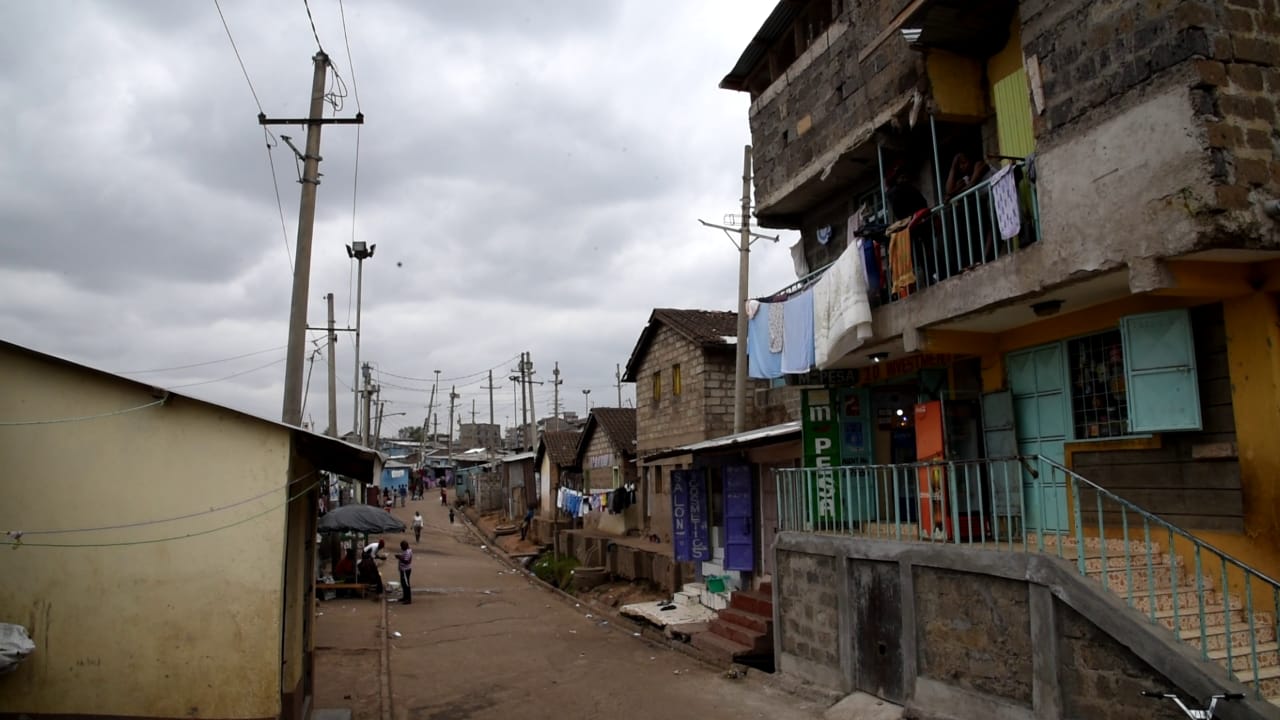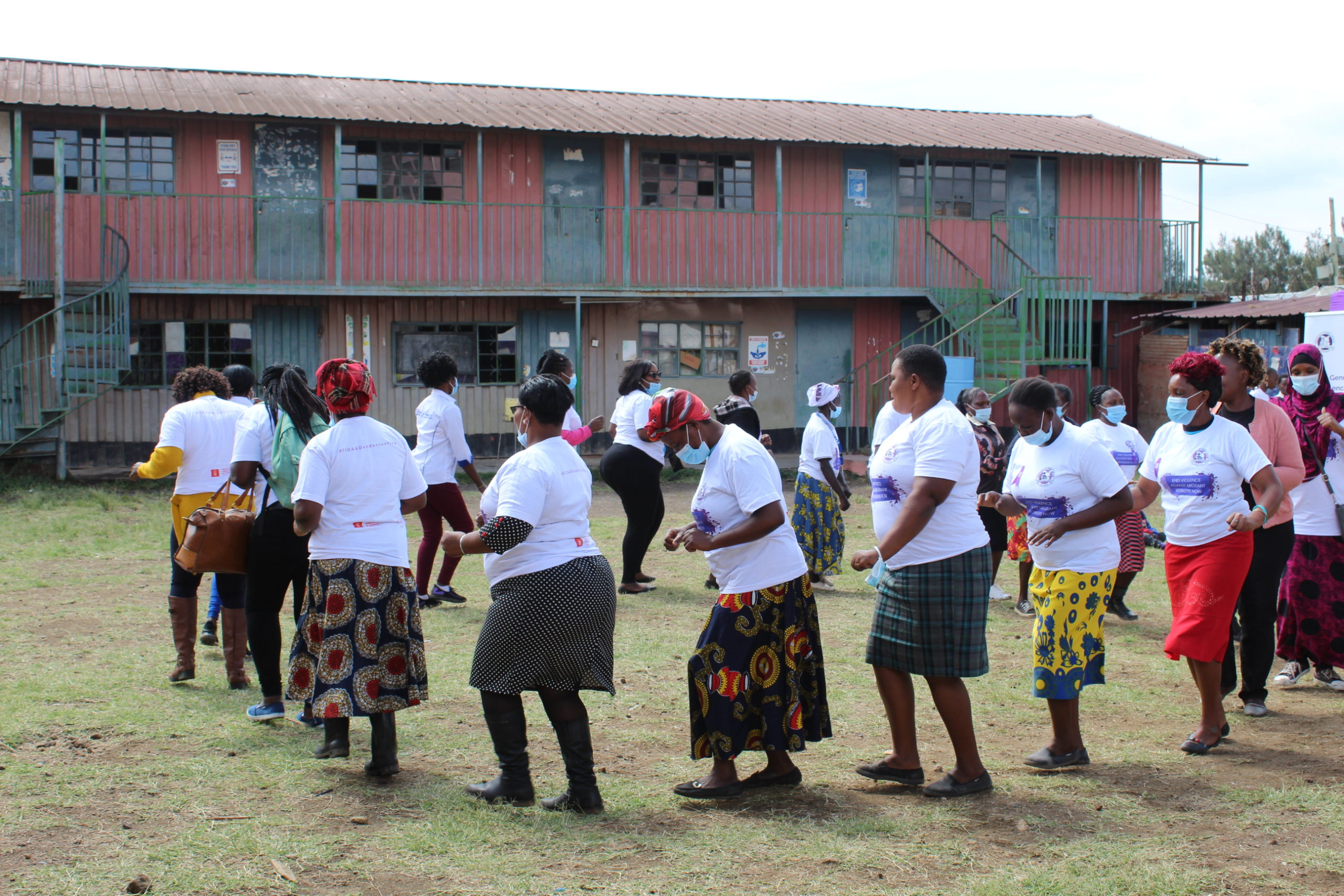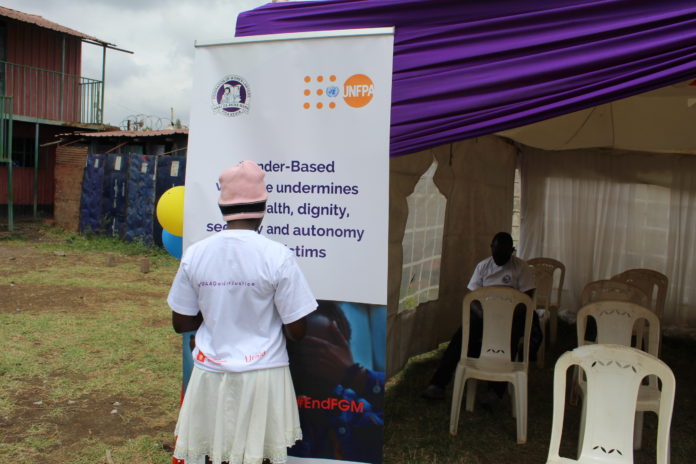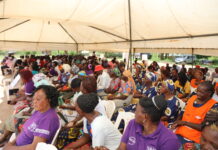By Lenah Bosibori
Nairobi, Kenya: It is estimated that over one billion children globally experience physical, sexual, or emotional violence annually.
According to the Kenya National Bureau of Statistics (KNBS) violence against children is rampant in the country, often rated as serious public health, human rights, and social crisis.
The consequences of violence on its survivors are often devastating, causing negative outcomes associated with physical health, social mobility, success, and mental health KNBS SURVEY 2019.
TalkAfrica embarked on a fact-finding mission in Soweto Kayole, one of the most populated areas in Nairobi, where they met Rena Kanyua whose daughter was defiled.
Kanyua struggled to hold tears as she narrated the painful ordeal her daughter went through at the hands of a molester who happened to be the son of her landlord.
The brutality visited on Kanyua’s daughter at their humble abode in Kayole Soweto estate, an informal settlement located on the eastern fringes of the Kenyan capital, Nairobi, still traumatizes the middle-aged widow to this day.
Kanyua still remembers the happenings of 21 March 2022 when her 14-year-old daughter was raped and killed using a knife by the landlord's son, a tragedy that has haunted her endlessly even as she struggles to take care of her two remaining children.
Ruth Masha the CEO National Aids Control Council (NACC) said in her speech during the world population day celebrations 2022 in Kajiado County that gender and sexually-related violence have escalated in the last five years.
“We have recorded 8536 gender and sexually related violence between the ages of 10 and 17,” said Masha.
“I lost my husband in 2020 due to throat cancer, I am now the father and mother to my young offspring,” says Kanyua during an interview at home in Kayole Soweto.
Kanyua, a mother of three and a domestic worker had just completed her daily chore of washing people’s clothes when she arrived and cooked lunch for the family after a while her 10-year-old Wambui went to play with her friends,
After an hour, Wambui’s friend came back saying that the young girl had been sleeping in a neighbor’s house without waking up.
“Wambui has been sleeping in that house and she is not waking up;” the mother was told by her daughter’s friend who was very much concerned about her sleep but little did she know that Wambui was no more.
The tragedy happened a few months after the world celebrated 16 days of activism against gender-based violence.
“When I opened the door I went straight to the bed where I was told my daughter was sleeping, I started searching, looking below the bed, I saw the legs and thought that she was sleeping there. I was shocked when I saw the private parts of my daughter hanging outside,” narrates Kanyua.
She found a knife on her neck that had crossed the other side. “I used to see these things in movies, I have never thought it could happen to me and more so to my daughter,” adds Kanyua.
Kanyua further says that her daughter was wrapped with a bed sheet and a sack was on standby since the pervert wanted to put her inside and throw her to a nearby river.
Up to now, Kanyua wonders why her daughter was raped and killed by the nearest person whom she could ever imagine of.
“I have never had a debt to them; I am still in shock about why he killed my daughter,” says Kanyua.
Kanyua says that when the police arrived, they only found the killer's father who was arrested to assist with the investigations.
While all this was happening, Kanyua was not aware of how court processes go by since she has never imagined that she could one day find herself in one.
Wambui’s case mirrors the plight of millions of gender-based violence victims who suffer in silence due to stigma and lack of finances to help them get justice.
“No one has ever told me how court cases go by, until the time I met Usikimye, they have helped me,” adds Kanyua.
“If it was not through Usikimye, I think by now the killer could have been walking scot-free, there is a time the court said that the killer was mentally ill. Right now he is at the industrial area remand but I am going on with the court hearings with the help of Usikimye,” says Kanyua.

In the wake of the COVID-19 pandemic, gender-based violence cases escalated, but they did not stop there, the cases are likely to spike as Kenya prepares to go for general elections in August.
In his speech during world population day 2022, Mutahi Kagwe the Cabinet Secretary in the Ministry of Health said that sexual violence cases reported from January to June 2021 were higher than in the same period in 2020.
“Between January to June 2021, the cases of sexual violence reported at the ministry of health were 150 percent higher than those reported in the same period last year,” read part of Kagwe’s speech.
According to Kagwe, the girl child bore the brand of this violence as evidenced by the alarming high cases in the health facilities.
”Over 60 percent of these cases were females below 18 years in 2020 and in 2021 two out of five of survivors seen in our facilities were adolescents aged between 10 and 17 years,” read Kagwe’s speech,
After Kanyua’s story, my efforts went searching for Njeri Migwi, the Executive Director of Usikimye whom I had heard her stories and wanted to find out more about.
After one month of postponing my appointments, she finally got a day off her busy schedule and invited me to her office at Soweto Kayole to have a chat with her.
I waited for her from 2 pm to 8 pm Kenyan time with no signs of her arriving and finally told my camera person to leave; Migwi was so busy attending to many phone calls and rescues.
Globally, nearly one-in-three women have experienced violence, with the pandemic driving the numbers even higher. Violence against women must stop; five stories of strength and survival UN News.
The most common worry in Kenya is seeing perpetrators of sexual and gender-based violence going scot-free, more so especially if the perpetrator is known to the victim as they often end up threatening to harm them if they proceed with reporting them.
We finally met Njeri Migwi, the Executive Director of Usikimye, an organization that seeks to end the prevalence of sexual and gender-based violence in Kenya.
According to the gender violence recovery center, Facts about GBV between 39 to 47 percent of Kenyan women experience GBV in their lifetime- among the highest rates in the world.
Men are survivors too with GVRC reported cases rating at 5 percent for boys and 3 percent for men. Simon Mwohe, a father of four is among the 3 percent who was violated by his wife when he lost his job as a security officer.
“When I lost my job, my wife started treating me badly in the house. I could cook while she was watching until I burnt my leg and her phone would ring throughout the night,” says Mwohe.
Mwohe who now has a physical disability due to an accident he got during the last election says that after a few months his wife left him with the children the oldest being 3 years old.
“I have been taking care of my four children for the last five years. I feel even much better because no one is shouting at me anymore,” I have children to look after though I don't have much to give them, I mostly depend on Usikimye to help me with food,” reveals Mwohe.
Usikimye is a Swahili word that means do not be silent, speak up. "We've been in existence for three years now. Previously, we were not Usikimye, we were survivors anonymous," says Migwi during an interview at her office.
She explains that she started small and never thought that her organization would be this big as it is right now. She started looking at women who had gone through adverse childhood experiences, especially the ones that were affected by sexual abuse.
” I could bring them together for therapy because I knew that they were not able to navigate life in that way,” she adds.
“Gradually, Usikimye was born out of people reaching out and talking to me in terms of as a survivor myself,” says Migwi.
"I am a survivor myself of gender-based violence. As a survivor, I started an online platform where people could come in to discuss and talk about issues that were affecting women, especially issues of GBV," she adds.
“So we started with one case to two cases to 1000 of cases that we have to date. I can say that with full confidence knowing that this is backed up with documentation,” says Migwi.
According to her, she had to give shelter to women in her house and some at her friends’ houses.
When the pandemic started, the violence escalated. "We had no choice but to open a safe house. We knew nothing about running a safe house," she adds.
Migwi remembers working day and night during the pandemic because people kept on calling.
"I think that is the craziest season ever seen, especially with all the blockages that the government had in terms of accessing health care and the police stations," adds Migwi.
She says that her followers on Facebook have been her biggest funders who have largely contributed to running the organization.
“My story is long. I was 16 when I met my partner, "I got married and it was a violent marriage. And I tell people I came out of that marriage with one deaf ear," adds Migwi.
Finances hold back women from leaving abusive marriages
Having been brought up by a single parent and in that case her father, she really didn't know how to handle the challenges she was going through.
Migwi says that she stayed in her abusive marriage for 16 years going through very brutal beatings.
According to Migwi, most women are held back because of finances. women stick in their abusive marriages due to a lack of finances to support them when they move out.
“When we take you to the safe house, we take you alongside your children; we ensure that at that time your kids will go to the local school there. So that there is a continuation. While the women receive psychological counseling,” adds Migwi.
This is how she came to help Kanyua who didn't know the court process of getting justice for her daughter Wambui.
“Sometimes we have success stories where some cases are closed because we've gone to court and the perpetrators have been jailed. But we have a majority of cases that are still in court, like Kanyua’s case,” adds Migwi.
Migwi adds that at the peak of the COVID-19 pandemic, they handled 430 cases and up to now they have had more than a thousand cases from different parts of the country.
“On average every day, we can have between four to 10 cases, “I cannot put a ringtone in my phone because I still get panic attacks because my phone can ring endlessly while 90 percent of it is bad news,” adds Migwi.

Women more affected during election
Migwi adds that she is very stressed because already there is an expression of the early warning signs of gender-based violence as Kenya heads toward the election.
“Women have been abused, beaten during campaigns and party nominations and we are yet to get more as this is an electioneering year,” says Migwi.
Migwi says that she receives a lot of online bullying. “If I was to actually listen to them, I would have just shut and disappeared but I know the path that I'm trending on.
Migwi concludes that women should come out and speak up when violated in their marriages and homes, by speaking up generations and unnecessary abuses will be avoided and resolved.
This reporting was supported by the International Women's Media Foundation and NDI’s VAW-PM Program.














